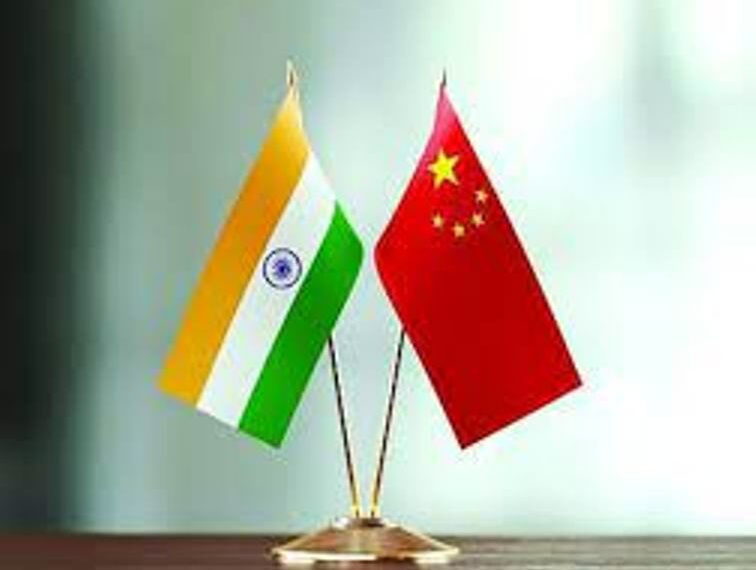China filed a complaint to the World Trade Organization (WTO) on Wednesday over India’s EV and battery subsidies, saying the measures give Indian domestic industries an unfair competitive advantage and undermine China’s interests, the Chinese commerce ministry said in a statement.
In the statement, China’s Ministry of Commerce said it will take “firm measures” to effectively safeguard the legitimate rights and interests of its domestic industries.
China accounted for nearly two-thirds of global electric vehicle (EV) sales, contributing almost 1.3 million units, as per Rho Motion data, a market research firm.
As per reports, India offers the highest subsidies on electric cars among major countries of the world. For the electric version of the Tata Nexon, India’s best-selling EV, total subsidies, both direct and indirect, amount to roughly 46 per cent of its price.
These benefits include reduced Goods and Services Tax (GST) and road tax compared to petrol and diesel models, along with indirect support received by the manufacturer through the production-linked incentive (PLI) scheme, the report added.
In comparison, top-selling models in China get a subsidy of 10 per cent, 16 per cent in Korea, 20 per cent in Germany, and 26 per cent in both the US and Japan. Despite such high subsidies, India has achieved very low EV adoption, making up just two per cent of the vehicle market, which is the lowest when compared to other countries.
ALSO READ: Google to invest $15 billion in India’s largest AI Hub, partners with Adani
China’s complaint to the WTO comes amid media reports that India may launch a National Critical Mineral Stockpile (NCMS) programme, which aims to ensure the availability of rare earth elements within the nation and promote the expansion of domestic rare earth mineral production in India.
These rare earth minerals are essential for the production of electric vehicles, wind turbines and other green energy technology developments.
Meanwhile, Commerce Secretary Rajesh Agrawal said that the ministry will look at the detailed submissions made by China.
Confirming the move, an official said that China has also filed similar applications against Turkiye, Canada and the EU.















